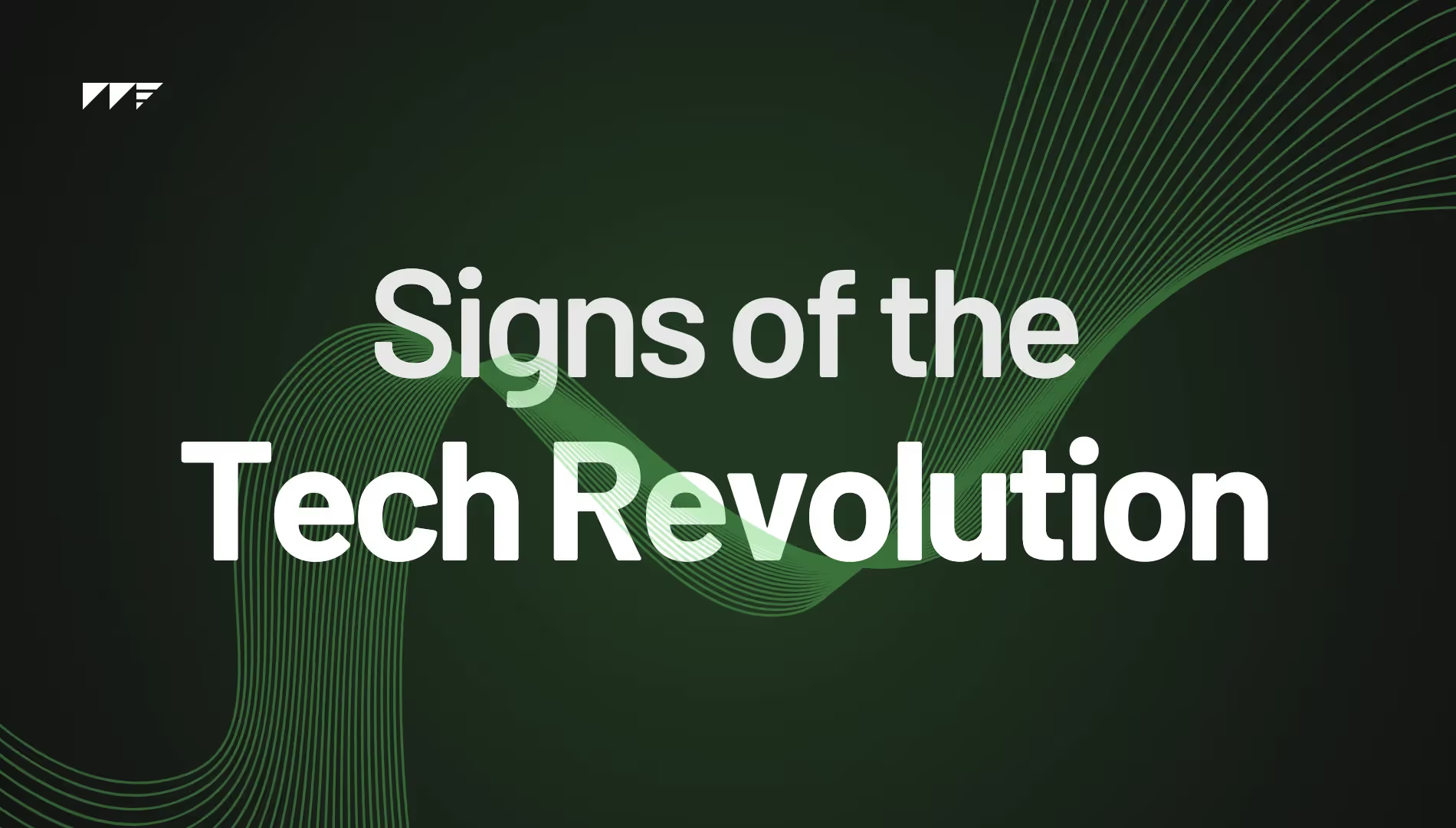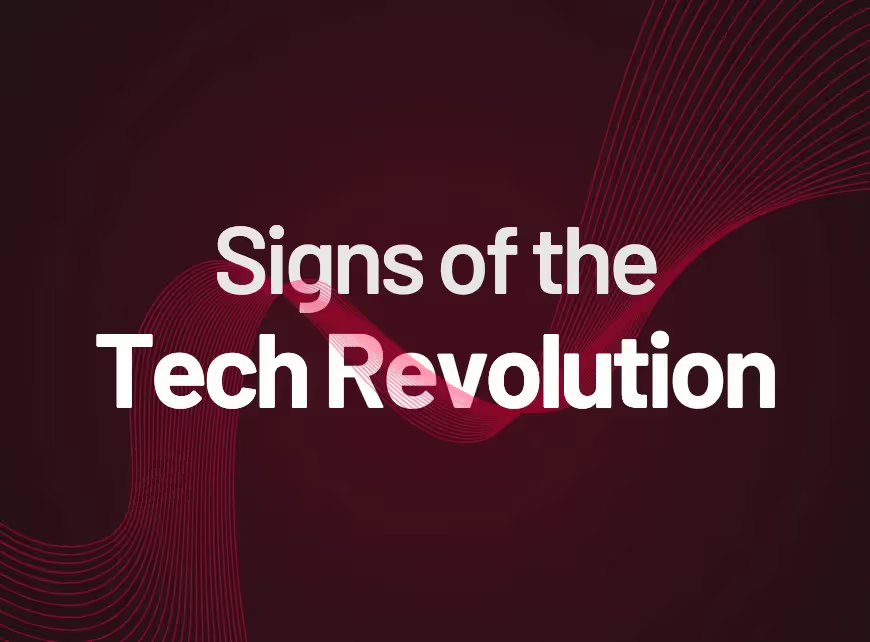Newsletter: Signs of the Tech Revolution #41

AI-driven sectors show slower job growth, but they also report 3x higher revenue per employee. The pressure on leaders is intensifying from all sides.
On one hand, there’s the urgent need to harness AI for productivity gains.
On the other, Anthropic’s CEO is issuing stark warnings that self-regulation is failing, and Microsoft is deploying more AI defense tools against state-sponsored cyberattacks.
Everyone agrees that the workforce transformation becomes critical and the PwC’s 2025 Global AI Jobs Barometer report paints a clear picture of what’s going on.
Let’s dive in and explore these topics.
News #1: AI’s Economic Paradox
For business leaders trying to decipher AI’s true impact on the workforce, a new analysis from PwC’s 2025 Global AI Jobs Barometer paints a complex but revealing picture. Sectors with faster AI adoption are showing slower overall job growth, while skilled workers are more valuable and productive than ever.
The data suggests that the most successful AI strategies focus on value creation over simple headcount reduction. Despite a drop in overall job postings, listings explicitly requiring AI skills are growing, indicating a powerful demand for AI expertise. For leaders, this means the competitive edge lies not just in adopting AI, but in cultivating a workforce that can leverage it.
Industries with higher AI exposure see three times higher growth in revenue per employee. Workers possessing AI skills now command a 56% wage premium compared to peers in the same role without those skills. Furthermore, wages are rising twice as fast in the most AI-exposed industries.
News #2: Don’t Let AI Companies Regulate Themselves
In a direct appeal for government action, Dario Amodei, CEO of Anthropic, argues that relying on voluntary corporate goodwill to manage the risks of increasingly powerful AI is no longer a viable strategy. While celebrating AI’s vast promise in science, medicine, and productivity, Amodei reveals that the dangers are not theoretical; they are demonstrable, and the window to act is closing.
The era of unchecked, self-policed AI development may be ending. This shift will directly influence compliance, risk management, and the strategic deployment of AI tools. Amodei’s stance suggests that proactive, transparent, and verifiable safety measures will soon become a mandatory cost of doing business in the AI sector, not an optional extra.
Your organization should anticipate a future where transparency in AI development and deployment is mandated by law. Building business strategies around verifiably safe and trustworthy AI will not only be a matter of compliance but a crucial component for maintaining public trust and ensuring the long-term viability of AI-driven initiatives.
Download Our New Ebook
We invite you to download our free ebook. With “Maxima Consulting’s Expert Guide to Building Global Teams,” you will learn how to leverage the international talent pool of technology experts, discover first-hand insights, and explore inspirational examples to help you unlock effective recruitment and successful management of a global workforce.
News #3: Microsoft’s Response to EU AI-Powered Threats
In response to a surge in cyberattacks across Europe, Microsoft has launched a new cybersecurity program offered free of charge to the continent’s governments. The initiative is designed to bolster defenses against sophisticated cyber threats, including those increasingly enhanced by artificial intelligence and linked to state-sponsored actors from Russia, China, Iran, and North Korea.
Attackers are increasingly using generative AI to amplify the scale and impact of their operations, from disrupting critical infrastructure to spreading disinformation like the deepfakes seen involving the Ukrainian president and the Slovakian election. Microsoft’s stated goal is to ensure AI advances as a defensive tool faster than it can be weaponized for offense.
This move underscores the escalating reality of AI’s role in global cyber warfare. The line between national security and corporate security continues to blur as state-sponsored attacks often target or impact critical private sector infrastructure. This program can set new standards for collaboration and threat intelligence between big tech and governments.
Other News
- AI’s real threat to education - Read more
- Walmart’s plan to grow revenue with fewer workers - Read more
- United Kingdom’s civil servants who used AI saved two weeks a year - Read more
- The most popular mental health TikToks contain misinformation - Read more
- Big Tech’s indirect emissions jumped 150% in 3 years amid AI boom - Read more
- Private equity firms are pushing more money to data centers to support the AI boom - Read more
- Marketing agencies will have a tough time when AI-powered advertising at Meta goes live - Read more
- Reddit is suing Anthropic for using the online discussion site’s data without a licensing agreement - Read more
- AWS, Microsoft, Google Cloud, and Oracle expanded their support for the FinOps Foundation to tame enterprise IT spending - Read more
- A consortium led by Nokia will work on a drone project aimed at protecting and bolstering the resilience of Europe’s most critical infrastructures - Read more
About Maxima Consulting
Maxima Consulting supports businesses in getting the most out of their technology and workforce investments through a strategic approach and continuous optimization. We empower our partners to tap into vast global talent pools and consistently deliver projects on time and within budget.
Trusted by leading finance institutions, logistics providers, innovative engineering companies, and other organizations across many industries, we make the technology drive our partners’ business goals.
Curious to see how Maxima Consulting can help you get the most out of your tech investments?
Meet with one of our consultants to see how we can help.




